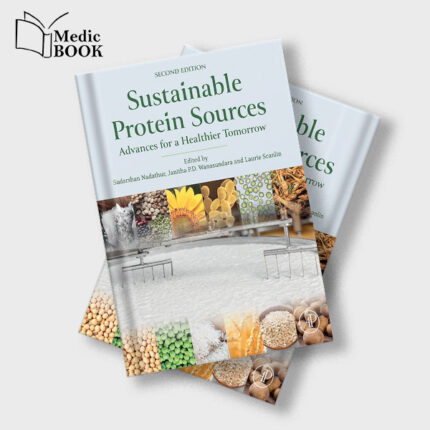Dietary Polyphenols : Metabolism And Health Effects (Original PDF From Publisher)
Written by Francisco A. Tomás-Barberán
outlines current studies on metabolism and the benefits of polyphenols for health.
Functional foods are in higher demand as a result of growing consumer interest in the health advantages of various phenolic chemicals
present in plant meals and their derivatives.
Preclinical and observational research has supported the preventive effects of polyphenols against several chronic diseases; yet, data
indicates that the majority of dietary polyphenols have low bioavailability.
After being consumed, the majority of them are broken down by the gut microbiota or intestinal enzymes, going through a protracted
phase-II metabolism that results in notable quantities of conjugated metabolites.
They target systemic tissues while still in the bloodstream, where they have biological effects.
Human production of polyphenol-derived metabolites is influenced by the genetic makeup of the individual and the makeup of the gut
microbiota.
Because of this, not every metabolite exhibits the same biological action in various people. More clinical research is needed to
completely comprehend the effects of polyphenols on health.
In Dietary Polyphenols, the most recent research on the metabolism of polyphenols is discussed, along with the most recent data on
their impact on health and the bioavailability of their metabolites.
This authoritative volume highlights the significance of gut microbiota and interindividual variability.
It includes contributions from renowned experts in the field and explores particular families of phenolic compounds, both extractable
and non-extractable, that may have health effects.
The structural diversity of polyphenols, their distribution in food, their bioavailability and bioaccessibility, metabolism,
gastrointestinal absorption of different metabolites and their impact on health are among the topics covered.
This extensive book:
explains the many classes of phenolic chemicals’ bioavailability, bioaccessibility, pharmacokinetics research, and microbial
metabolism.
investigates the relationship between gut bacteria and polyphenols.
explains how to use analytical techniques to find and measure polyphenols in food and biological materials.
examines current clinical and epidemiological intervention research demonstrating the protective benefits of polyphenols
Health professionals, nutritionists, dieticians, and clinical researchers who are interested in the role of polyphenols in the prevention
and treatment of chronic diseases will find Dietary Polyphenols: Metabolism and Health Effects to be a valuable resource.
Scientists working in the field of dietary polyphenols and health effects, microbiota, and their interaction with other nutritional
compounds will also find great value in this book.













Reviews
There are no reviews yet.